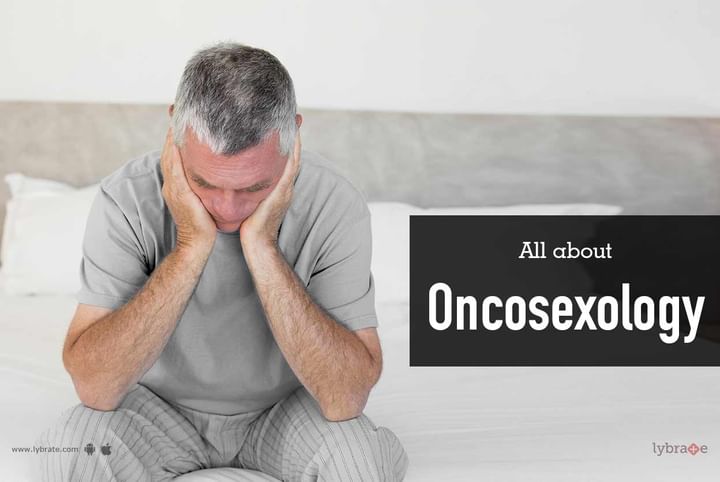All About Oncosexology
Any type of cancer has a severe impact on the lives of patients, both physically and psychologically. The discipline of oncosexology has emerged in recent times with the idea of spreading the awareness of sexual issues in oncology care and emphasizes on the importance of approaching these issues to prevent the development of severe sexual dysfunctions or problems. Although the rate of sexual problems in cancer patients is reported to be around 35-50% worldwide, and despite the fact that both cancer care providers and patients recognize the weight of discussing sexual issues, it is unfortunate that neither group are observed to do so.
Impact of Cancer on sexual functioning: It is invariably true for all cancer treatment options that they can potentially affect sexuality in a negative way with their impact, ranging from comparatively clement to extremely enfeebling. The impact on sexuality may arise from a number of biological, psychological and relational consequences of cancer and more than often, a composition of Biopsychosocial factors are involved. While men suffer from erectile dysfunction, retrograde ejaculations and loss of sexual desire, in women, sexual dysfunction is commonly associated with abrupt failure of ovaries and related menopausal symptoms. Psychologically, the differences in dealing with emotions and feelings of disappointment can cause anxiety, which, in turn, can steer towards sexual distancing.
Steering towards sexual activity during/after treatment: Most patients remain oblivious to the very idea of oncosexology as a result of lack of awareness about possible treatments and its mode of addressal. Maintaining a healthy sexual relationship in such cases requires support and encouragement from healthcare professionals. Oncosexology, therefore, aims at a well rounded integration of sexual rehabilitation in the context of oncology care since sexuality is indeed extremely important in enhancing the quality of life.
Cancer patients can use the following tips for having a better sex life:
- Sexual activity largely depends upon the energy and comfort level between the partners affected by the disease. Inhibitions are natural and sexual activity needn't involve intercourse or oral sex alone. Foreplay, mutual masturbation and usage of vibrators and lubricants may also ease the pain and discomfort.
- Partners need to communicate openly about their feelings and what feels good and what doesn't in bed.
- Using protection is a must. Chemotherapy may persist in the semen 48-72 hours prior to treatment.
- Explore with different positions in order to find what's best for both you and your partner if the usual ones seem painful.
- Speak to a sexologist or sex therapist beforehand in order to have a clear picture about the possible consequences of your treatment on your sexuality.
- Coping with body image concerns may also pose to be another challenge. Exercising and eating well improves health and boosts self esteem.



+1.svg)
